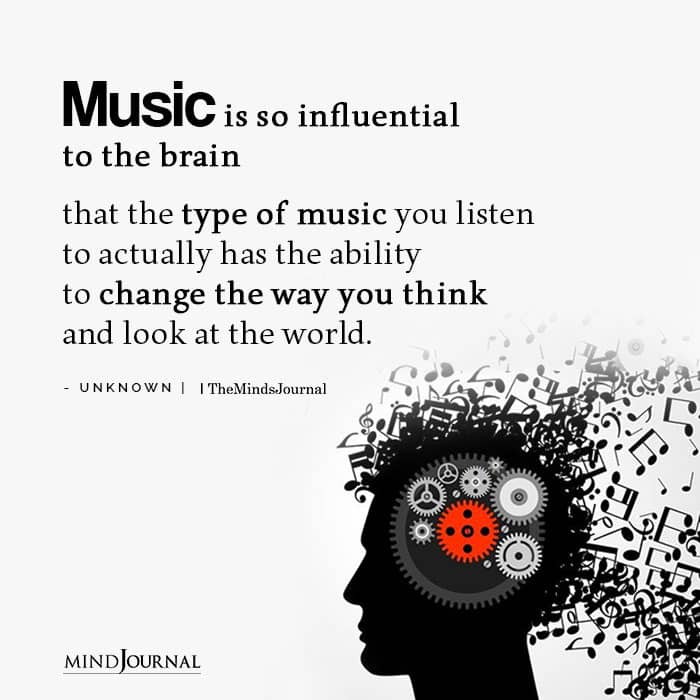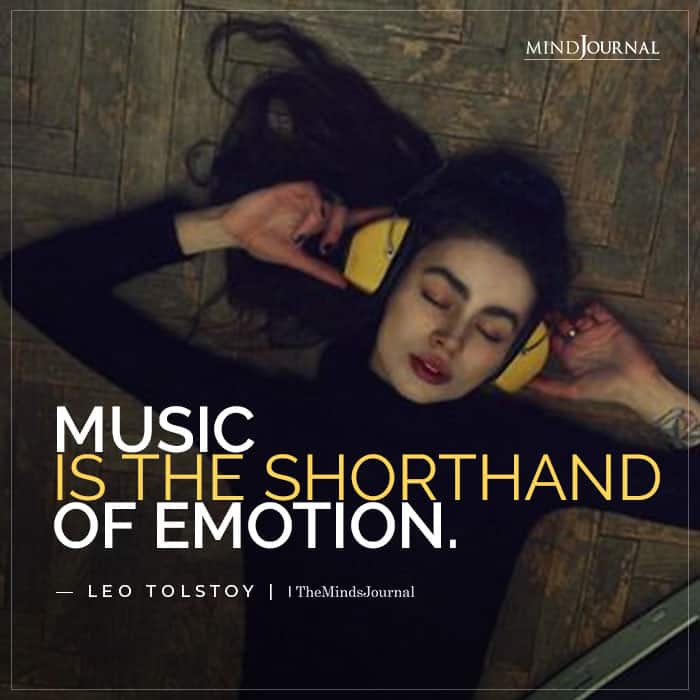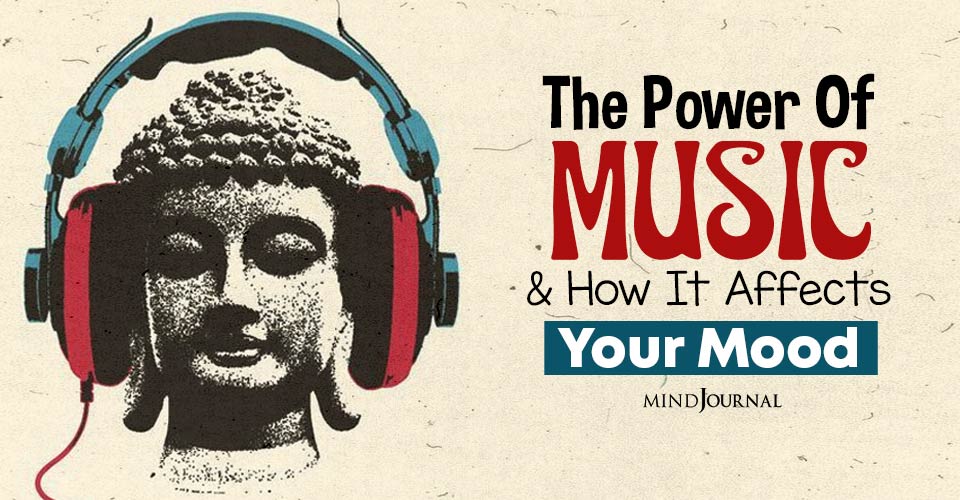It is a well-known fact that music has many benefits when it comes to reducing stress and anxiety. This post is going to delve deep into how music affects mood and examples of how music affects mood.
Key Points
- Music is a tool that can ease negative emotions and enhance positive emotions.
- Music can help people cope with stress or distract them from a bad mood.
- Many people use music to trigger their memory and remind themselves of important past events.
Music makes life better. Music is used across cultures and ages as a powerful mood regulator. We regularly use music to soothe our souls and comfort our pain. The emotional power of music is one of the main motivations why people devote so much time, energy, and money to it.
People use music to achieve various goals, such as feeling more energized, maintaining focus on tasks, and reducing boredom. For example, we rely on music to help us power through workouts and tackle tasks we’d rather ignore, and we manipulate our moods with melodies.
So, how does music produce such a powerful effect on the mind?
Related: What Is Lofi Music? 5 Reasons Why It Is Good For Your Mental Health
5 Ways Listening To Music Affects Mood
1. Coping with stress
Music offers a resource for emotion regulation. For instance, sad music enables the listener to disengage from the distressing situations (breakup, death, etc.), and focus instead on the beauty of the music.
Further, lyrics that resonate with the listener’s personal experience can give voice to feelings or experiences that one might not be able to express oneself. Listening to soft and slow music, such as classical music, is better for managing negative emotions compared to hard or heavy music.
Listening to happy music can influence the way one perceives the world in a stressful situation. For example, upbeat tunes can give you an optimistic outlook and make you feel better.

2. Music and memory
Listening to a piece of music that was played a lot during a significant life event (e.g., a family celebration) many years ago can trigger a deeply nostalgic emotional experience. The feeling is not in the music, but in what it reminds us.
Many listeners use music to remind themselves of valued past events, becoming nostalgic. For example, nostalgia is a powerful force around Christmas (‘White Christmas’).
Some people may have a fond memory associated with Elgar (Pomp and Circumstance) for graduation ceremonies, and Pachelbel’s “Canon in D Major,” (or Mendelssohn’s “Wedding March” in C major) for weddings.
Related: Listening To This Song Reduces Your Anxiety by 65%
3. Pleasure in sad music
For some, sad music intensifies the feelings of sorrow and loss connected to personal events and memories. Listening to a sad song while in a sad mood is like someone (a friend) empathizing with your experience.
The reward could be purely biochemical. We have all experienced the feeling of relief and serenity after a good cry. At the biological level, sad music is linked to the hormone prolactin (associated with crying), a chemical that helps to curb grief (Huron, 2011). Prolactin produces feelings of calmness to counteract mental pain.
4. The feeling of being moved
Music often makes us feel like crying because we experience a sense of awe and admiration. The feeling is a kind of wonder at realizing what other minds can create.
In response to these emotions, we may experience goosebumps and motivation for the improvement of self and society. The experience is often intense and pleasurable.

5. Music and time perception
Music shows that time perception is essentially subjective — music can distort “clock time”. Music is a powerful emotional stimulus that changes our relationship with time. Time does indeed seem to fly when listening to pleasant music.
Hearing pleasant music seems to divert attention away from time processing. Moreover, this attention-related shortening effect appears to be greater in the case of low-arousing (calm) music with a slow tempo.
For example, music is used in waiting rooms to reduce the subjective duration of time spent waiting or in supermarkets to encourage people to stay for longer and buy more.
Related: If Music Gives You Chills You’re an Emotional Genius, Says Studies
Consumers spend more time in the grocery store when the background music is slow. Music keeps workers happy when doing repetitive and otherwise boring work.
In sum, music can alter our moods, emotions, and motivation. We can use music to validate or challenge our moods. Music can also reflect the mood on a national level.
For example, the protest song “Baraye,” (the anthem of Iran’s “Woman, Life, Liberty” protest movement) expresses Iranians’ painful grievances.
Written By Shahram Heshmat Originally Appeared On Psychology Today










Leave a Reply